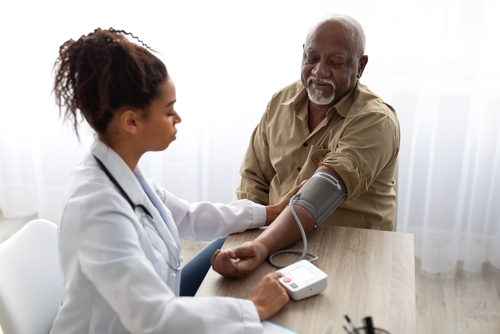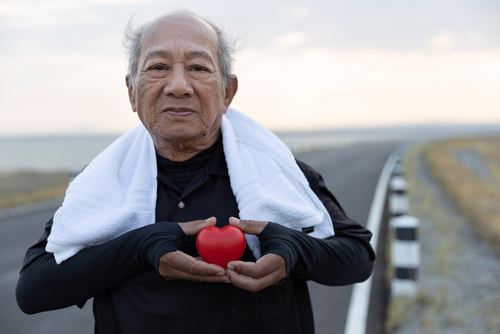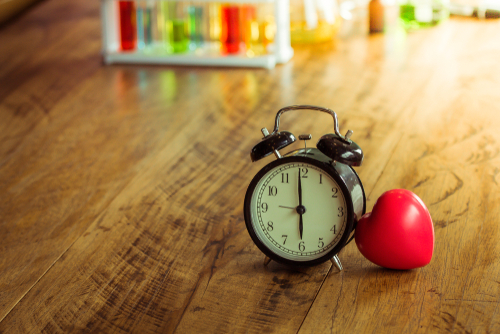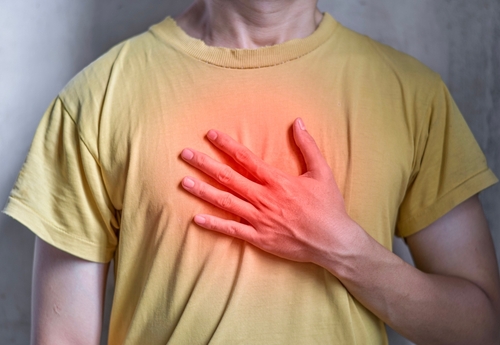Blood Pressure Over 200 in Elderly Adult: Hypertensive Crisis
Category:

It seems most doctors take our blood pressure at every appointment but don’t always mention what those numbers mean until they become a problem. So what do elderly people need to know about blood pressure? Does blood pressure increase with age? When should we become concerned with our blood pressure?
Blood Pressure for Elderly Adults
Normal blood pressure for a 70 year old male is lower than 120/80 mmHg. The number is the same for a normal blood pressure for women over 70. Anything over 130/80 mmHg is considered high blood pressure. It is estimated that nearly half of the adults in the US suffer from high blood pressure, and hypertension is even more common in people over the age of 65.
Hypertensive Crisis
High blood pressure is something that can be monitored and treated, but there is a level when immediate action must be taken. A blood pressure over 200 in an elderly person is considered an emergency. It can lead to heart attack, stroke, and other life-threatening health issues.
High blood pressure can be tricky because there are no obvious symptoms, and it is not generally discovered until a routine doctor visit. Once you are aware of your high blood pressure, though, you can be mindful of the following symptoms which can indicate a hypertensive crisis:
-
Anxiety
-
Blurred vision
-
Chest pain
-
Confusion
-
Nausea and vomiting
-
Nosebleeds
-
Seizures
-
Severe headache
-
Shortness of breath
Those with high blood pressure should monitor their blood pressure at home. If you get a high blood pressure reading 180 or over but have no other symptoms, rest for about five minutes and take the reading again. If you get a high reading with any symptoms, particularly those of a heart attack or stroke – numbness or tingling, difficulty speaking, changes in vision – call 911 immediately.
Download Our Heart Health Guide
Keep track of your blood pressure medication. If you have a high blood pressure reading with no symptoms and it comes down on its own, you should still call your doctor. You may need your medication adjusted. If you have other symptoms with your high blood pressure reading and go to the emergency room, a log of your medications can assist in treatment.
Causes of High Blood Pressure in Seniors
Blood pressure does increase slightly with age but the true cause is not fully known. Those with conditions like diabetes or kidney disease are at higher risk for high blood pressure and should get checked regularly by their doctor.
Treatments for High Blood Pressure in Seniors
There are some simple lifestyle changes that can help keep high blood pressure under control, including limiting salt in your diet, maintaining a healthy weight, limiting alcohol consumption and not smoking. If lifestyle changes are not enough, your doctor may prescribe medications like diuretics (often called water pills) or beta-blockers. Medications should always be taken as directed and at the same time each day.
There are many treatments for high blood pressure to keep it under control. Working with your doctor, you can still lead a long and healthy life even with this condition.
Subscribe
Date: January 31, 2023
Category:


